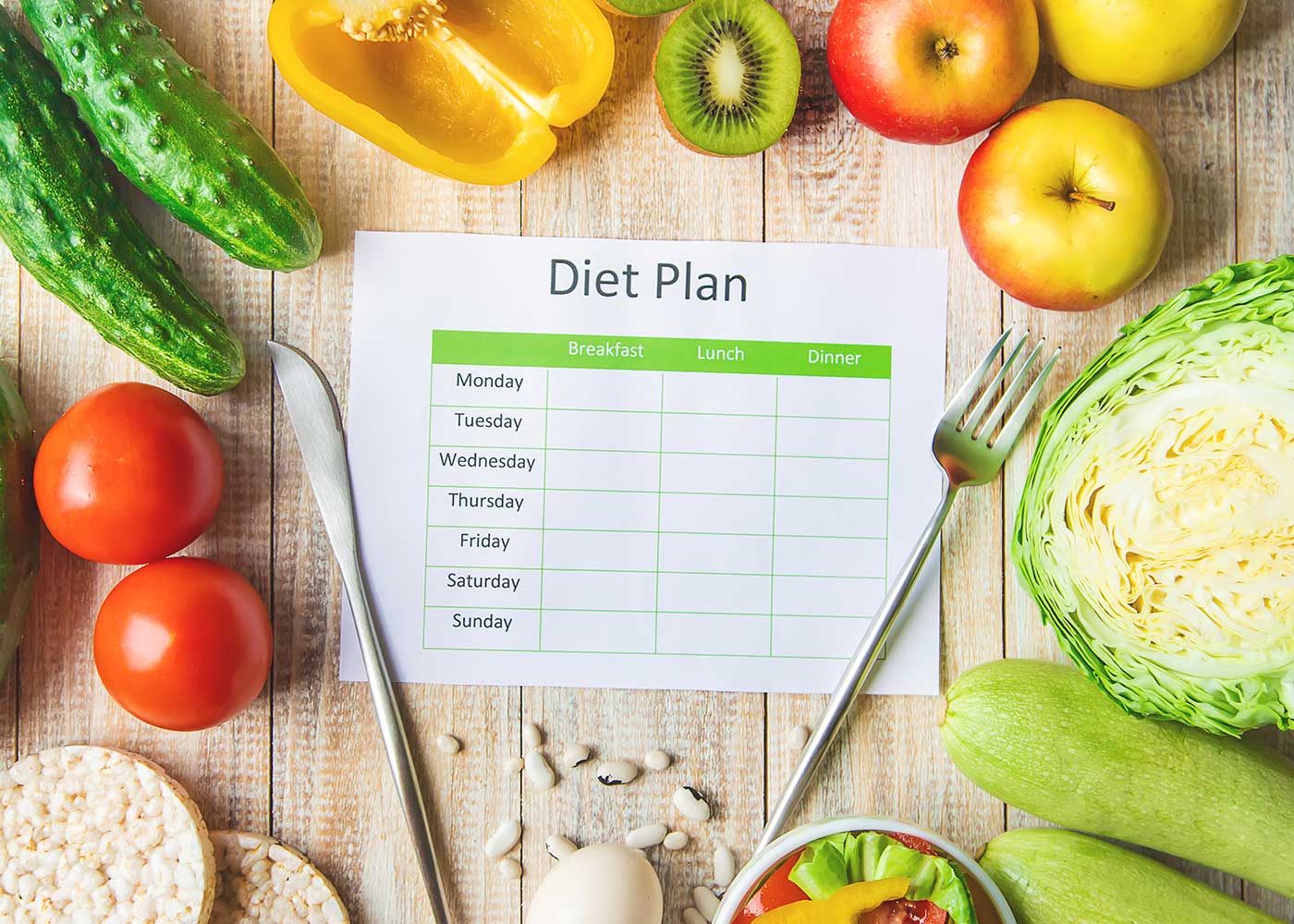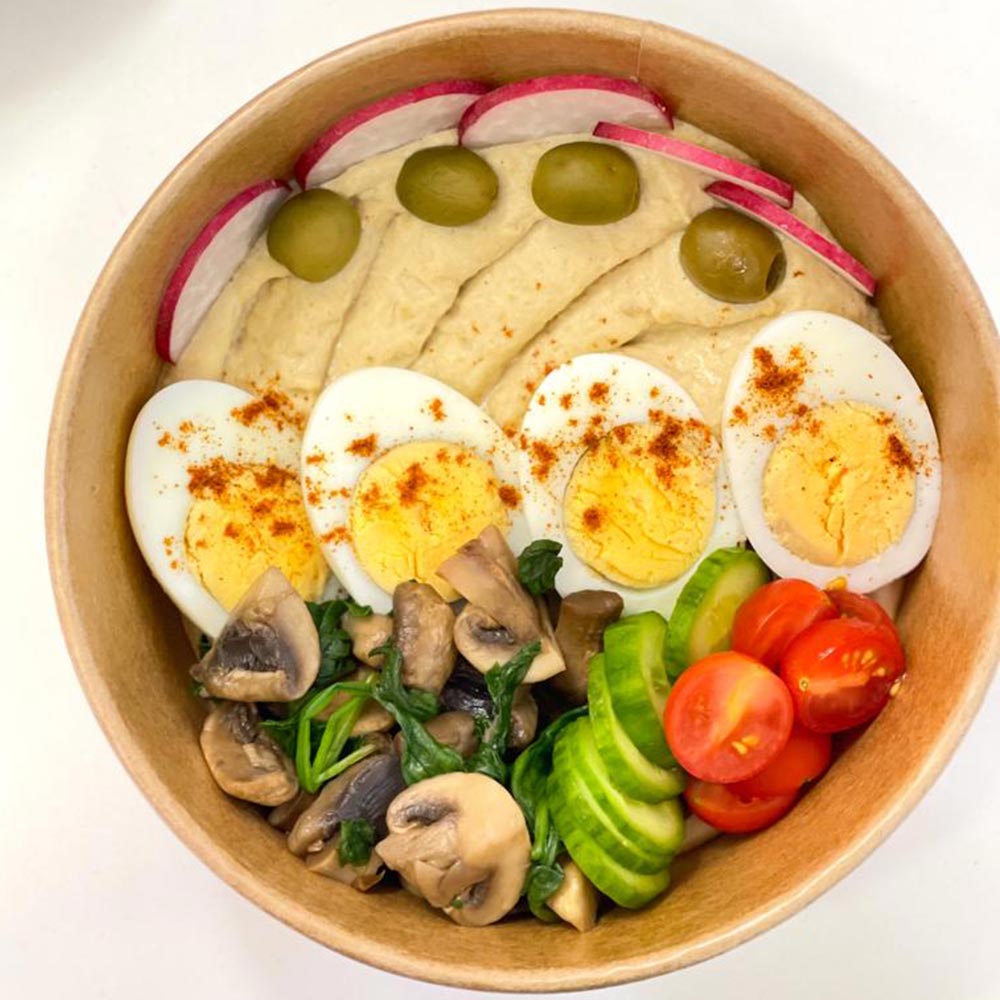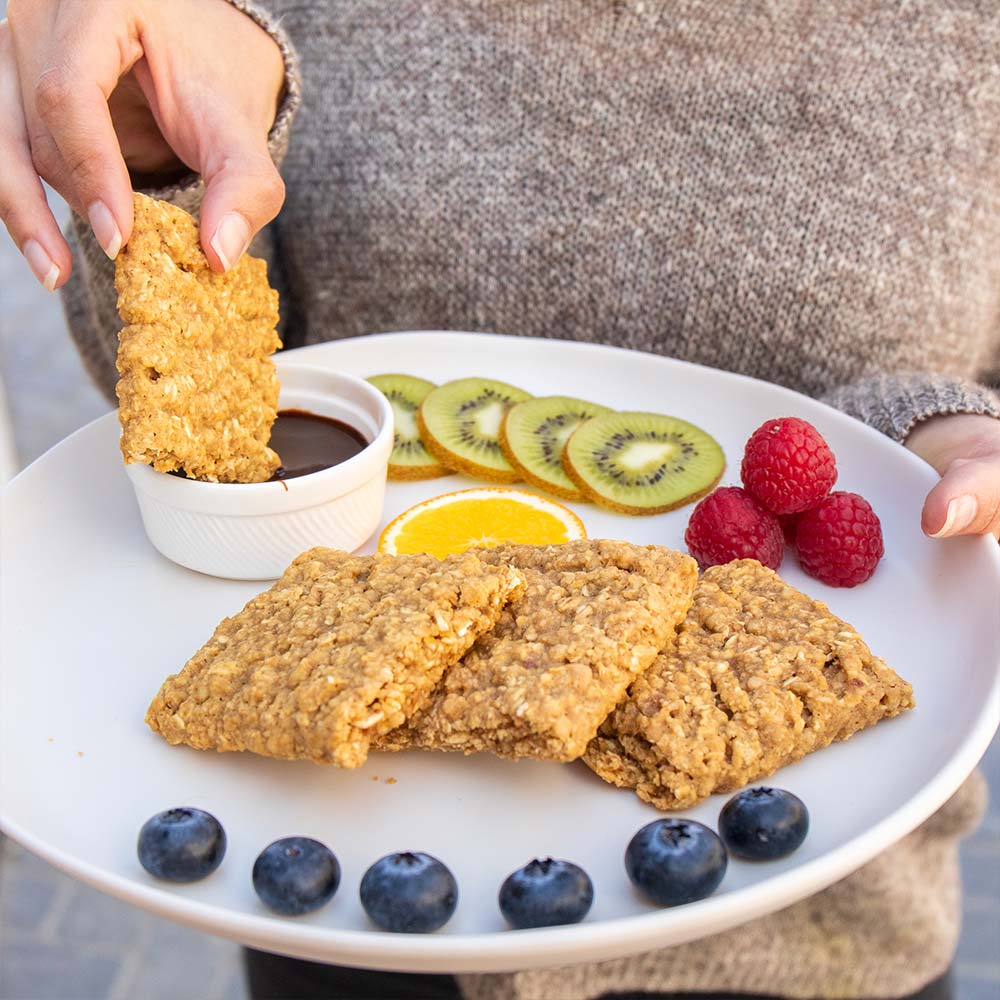Many people connect plant-based eating to a long series of
fruit bowls and green smoothies while eating large-carb lentil dishes
continuously. Fitness-minded individuals are changing public perception of
vegan diets by using low-carb plant-based recipes that work for muscle
development and fat reduction.
Scientific studies done by athletes, together with
dietitians along fitness enthusiasts, showed vegan diets provide the same
ability to develop muscular strength and result in successful weight loss
programs. The conventional idea that plant-based diets need extensive portions
of rice and potatoes has entirely changed into something new. The healthy
composition of whole foods in vegan diets enables people to receive necessary
nutrients and control carbohydrate amounts effectively for developing powerful
lean muscles.
This guide features specially selected vegan recipes
designed for both muscle building and weight loss targets among bodybuilders
using vegan practices and persons aiming to reduce their body mass index.
Why Go Low-Carb and Plant-Based?
Combining such a diet creates environmental
advantages and improves metabolic processes among its followers. Your vegan
weight loss progress will become sustainable by following a diet combining high protein and low carb because it reduces fat while improving
blood sugar health and reducing inflammation to obtain lasting benefits.
Various nutritional options featuring plant-based low-carb
recipes have become available to people. Through controlled tempeh and tofu,
and seitan preparation with hemp seeds and nuts and legume vegans obtain
protein-rich meals that deliver meaty textures along with stable insulin levels
for muscle growth and recovery purposes.
Key Ingredients for Plant-Based Muscle Building
A thorough plan to create lean muscles utilizing low-carb
protocols requires these vital components:
- Tofu and Tempeh: Rich in low-carb plant protein and
versatile in savory dishes.
- Seitan: There are several names for seitan under which wheat
meat operates because it provides high protein without much carbohydrate.
- Hemp Hearts and Chia Seeds: Great sources of omega-3s and
vegan protein.
- Non-starchy vegetables: Like spinach, zucchini, broccoli,
and cauliflower, these provide fiber and essential micronutrients without the
carb load.
- Vegan protein powder: Works best when it combines pea or
rice protein or hemp protein ingredients since these substances mix well for
smoothie recipes and baking applications.
Success in vegan bodybuilding becomes achievable through the
development of high-protein vegan meals which incorporate the recommended
ingredients.

Low-Carb Vegan Recipes to Try
1. Spicy Tofu Lettuce Wraps
Ingredients:
- 200g firm tofu, crumbled
- 1 tbsp sesame oil
- 1 tbsp soy sauce or tamari
- 1 tsp chili flakes
- Chopped scallions and garlic
- Butter lettuce leaves
- Instructions: Sauté tofu in sesame oil until golden. Melt
tofu in sesame oil while adding garlic, and later mix in scallions and chili
with soy sauce. Cook for 2 more minutes. Place the dish inside lettuce leaves,
accompanied by lime wedges on the side for serving.
Macros (per serving):
- Protein: 18g
- Net Carbs: 7g
- Fat: 12g
2. Cauliflower Hemp Mash with Grilled Tempeh
Ingredients:
- 1 small head of cauliflower
- 2 tbsp hemp seeds
- 1 tbsp olive oil
- 200g tempeh, sliced and marinated
- Instructions: Steam cauliflower until soft, blend with hemp
seeds, olive oil, salt, and pepper. Grill tempeh until crispy. Serve together
with steamed greens.
Macros (per serving):
- Protein: 25g
- Net Carbs: 9g
- Fat: 16g
3. Zucchini Noodles with Creamy Avocado Pesto
Ingredients:
- 2 zucchinis (spiralized)
- 1 avocado
- 2 tbsp nutritional yeast
- Fresh basil, garlic, and lemon juice
- Pinch of salt and pepper
- Instructions: Place the pesto elements into the blender for
blend until they achieve a creamy consistency. Toss with zucchini noodles. The
recipe offers grilled seitan strips as a voluntary protein addition to its
ingredient selection.
Macros (with seitan):
- Protein: 22g
- Net Carbs: 10g
- Fat: 20g

Tips for Success on a Low-Carb Vegan Diet
To monitor your macronutrient intake, you should know how
high or how low your protein is, relative to carb consumption.
- Selecting starches or processed foods when you are hungry
can be avoided by planning your meals.
- Use spices and herbs liberally. Flavor makes consistency
sustainable.
- All essential amino acids must be obtained by using
different proteins.
No matter what, the use of little lifestyle changes will
assist your energy levels and motivational supply to accomplish your vegan
fitness nutrition targets.
Conclusion
Beyond dietary plan, being vegan is more than; as it
includes embracing values, and that should involve your health and living
longer. Merging your vegan lifestyle with protein-heavy and low-carb eating
habits enables you to keep up your success of carrying on regular vegan weight
loss and biological development of muscles.
And the recipes are part of an ongoing life that leads to
actual long-term outcomes. But the adoption of keto-friendly vegan recipes,
plus mastering how to master low-carb plant protein, gives you both the
physical development and the resilience of your life plan.
As with plant-based low carbs, they don’t just stop in the
realm of carb restriction, or performance, they are so much more than that, as
they give your body nourishment that is the reflection of your purpose, joint
care for nature and your mental clarity. This approach produces great power.






























